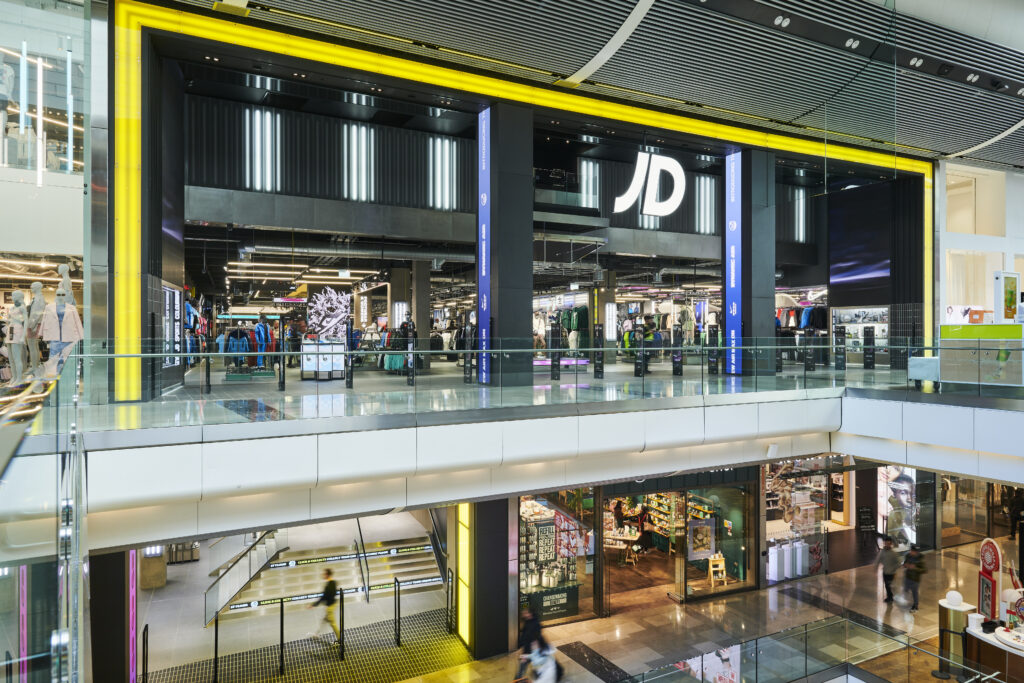UK inflation slowed to its lowest level for nearly three years last month, standing at 2.2 per cent down from 2.5 per cent in August, figures released today reveal.
According to The Office for National Statistics (ONS), the Consumer Prices Index (CPI) is currently at its lowest rate since November 2009 which ought to reduce pressure on cash-strapped families though the index was affected by downward pressure as a result of gas and electricity price hikes in 2011 which “fell out of the index calculation”.
Meanwhile, the Retail Price Index (RPI) was also affected by increases in utility bills, standing at 2.6 per cent for last month, down 0.3 per cent from a month previously.
September‘s inflation rate is particularly significant as it historically determines a number of economic factors in the year ahead, explained Capital Economics‘ Chief UK Economist Vicky Redwood.
“September‘s inflation figures are important as they are used to determine next year‘s increase in a variety of taxes and benefits.
“So CPI-linked benefits will rise by 2.2 per cent, while business rates next April will rise by the RPI inflation rate of 2.6 per cent.
“Inflation might now edge up a bit over the next couple of months. From next month, utility prices will be adding to inflation again. Four of the main six suppliers have now announced price increases, which come into effect between October and November.
“These will add 0.1 percentage points to inflation in each of the next three months compared to if prices had stayed unchanged.”
Retailers are increasingly concerned about increases in business rates affecting overall margins and Andrew Shufflebotham, Head of Retail and Consumer at law firm Addleshaw Goddard, called on the Government to re-think the rises.
“Whilst today‘s fall in the Retail Prices Index (RPI) takes us to 2.6 per cent, less than half 2011‘s September increase, in a business rates context significant concern still exists for retailers.
“Next year‘s increase in April is linked to this September‘s RPI figure, so although a smaller increase than many expected, retailers‘ bottom line will still be further eroded.
“A freeze in business rates would stem the tide, for both retailers and landlords, of increasing costs on the high street.
“In the bricks and mortar marketplace, where retailers are not only fighting the recessionary economy, but also the onslaught of online and mobile commerce, every penny saved could go towards a store refurbishment, portfolio re-balancing exercise or investment in digital platforms.
“There is also a wider concern that needs to be addressed – any freeze will only deliver a short-term solution.
“The Government needs to implement key measures to stimulate growth, considering wholesale business rates reform, including tackling the stifling impact of empty rates and simplifying planning to allow retailers to thrive, invest and create jobs.”

















